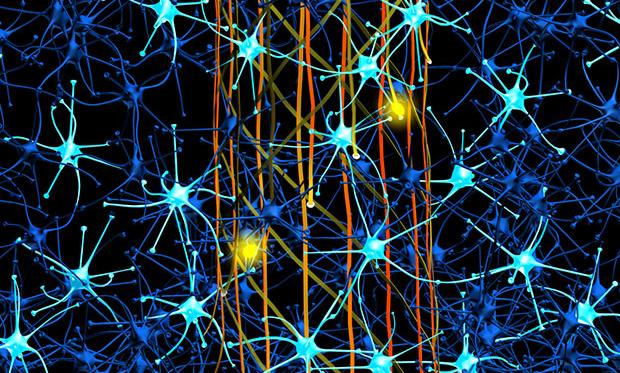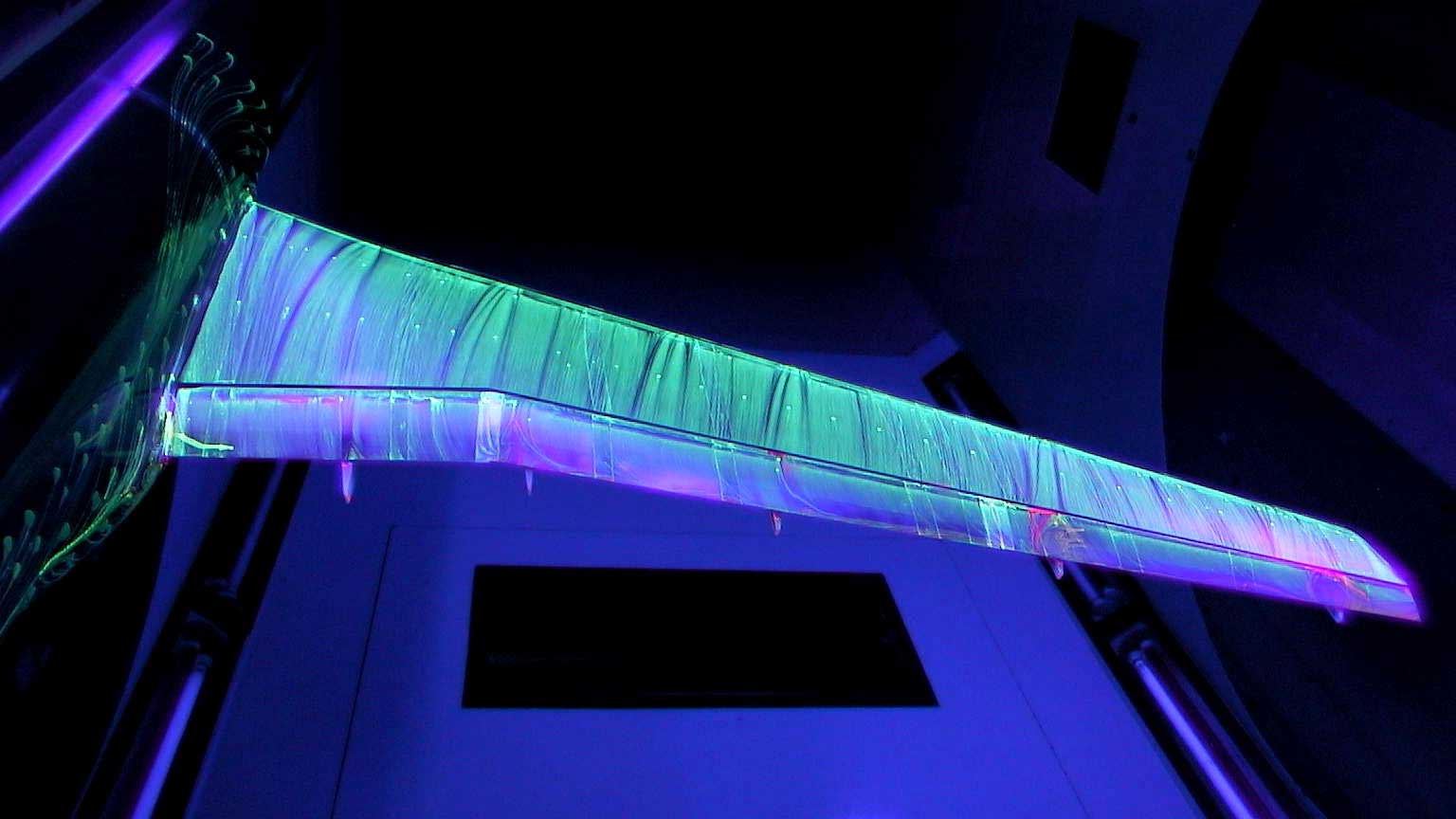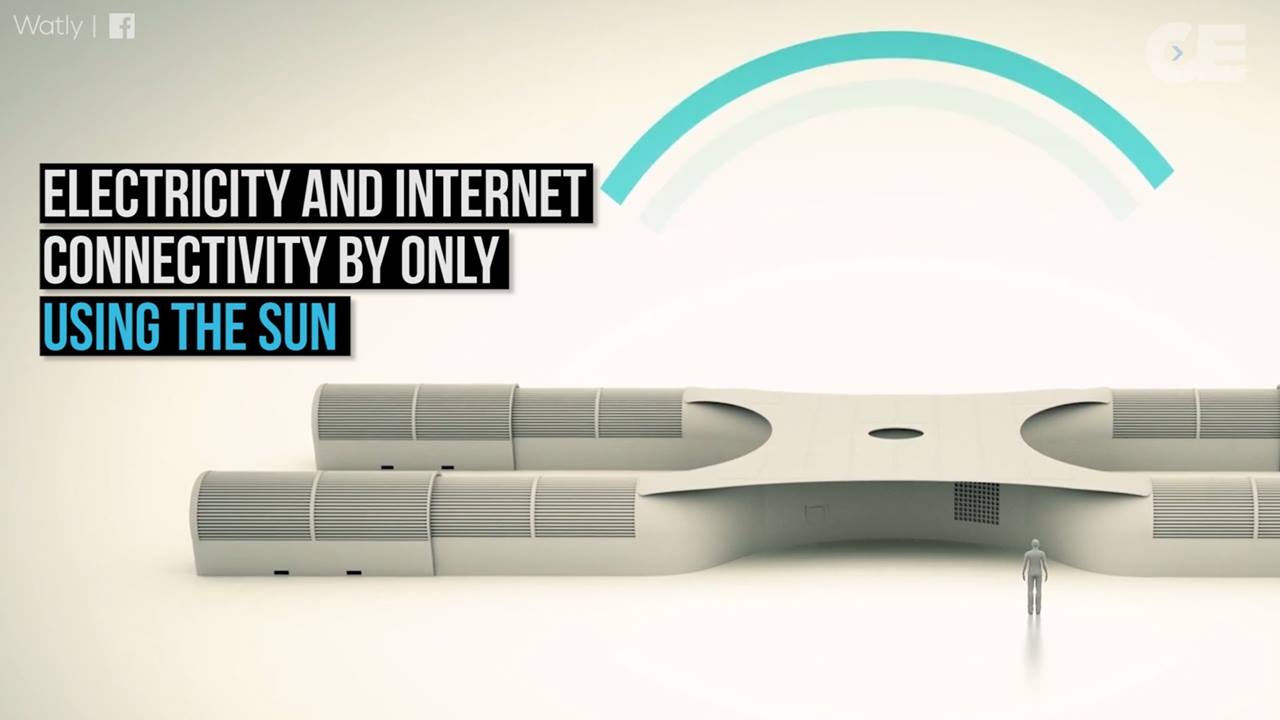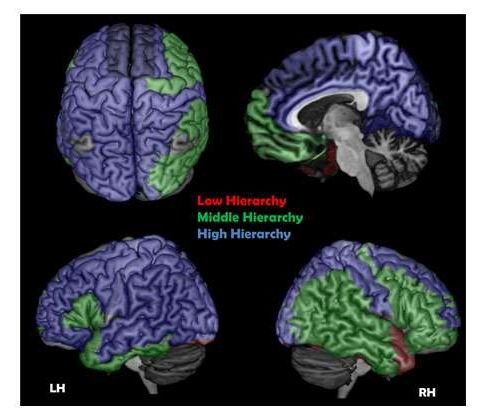Page 10912
Aug 30, 2016
Elon Musk Is “Making Progress” on a Neural Lace Brain Hack
Posted by Shailesh Prasad in categories: Elon Musk, neuroscience
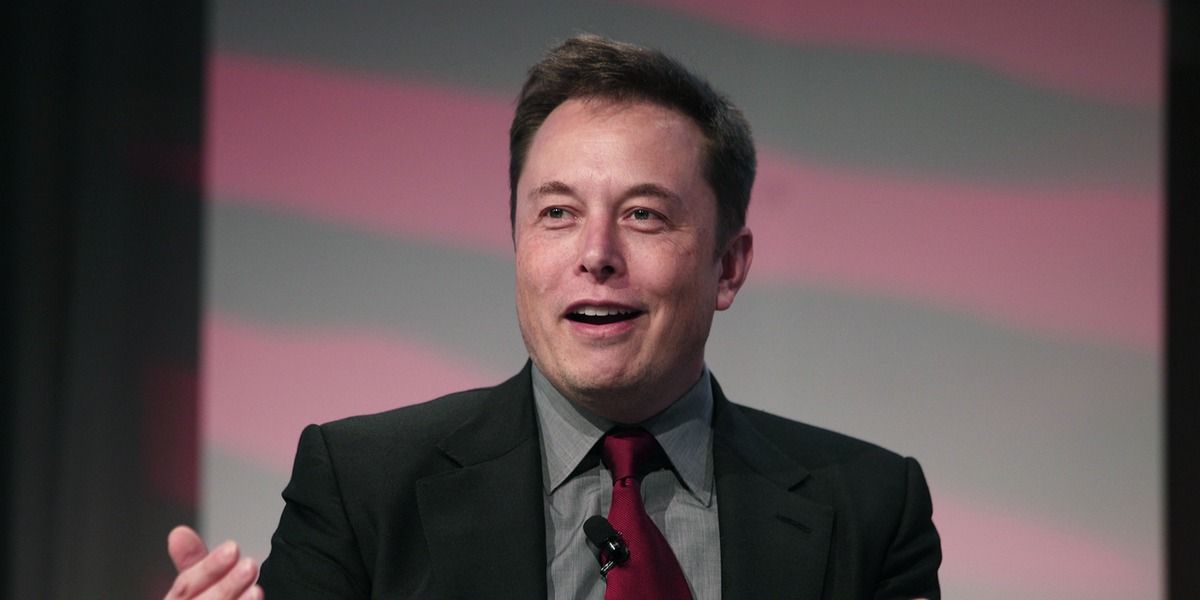
“Creating a neural lace is the thing that really matters for humanity to achieve symbiosis with machines,” Musk wrote.
Aug 30, 2016
Flying with the Fourth State of Matter
Posted by Shailesh Prasad in category: transportation
By harnessing the power of plasma, engineers may be on the cusp of a revolution in aircraft design and more.
Aug 30, 2016
Elon Musk Hints That Tesla Updates Will Soon Lead To Level 4 Autonomy
Posted by Shailesh Prasad in categories: Elon Musk, robotics/AI, sustainability, transportation
Elon Musk, Tesla Motors CEO, is alluding to a big announcement about level 4 autonomy later this year. For now though, the technology is still in need of software improvements.
Tesla Motors has been starring in headlines recently, thanks to crashes attributed to the autopilot system, the announcement of the ambitious Master Plan, and the company’s acquisition of SolarCity. Now, Elon Musk, the company’s CEO, is attracting even more media attention.
When asked about Tesla’s progress toward Level 4 fully autonomous driving on a conference call, Musk teased, “what we’ve got will blow people’s minds, it blows my mind …it’ll come sooner than people think.”
Continue reading “Elon Musk Hints That Tesla Updates Will Soon Lead To Level 4 Autonomy” »
Aug 30, 2016
Scientists Are Creating Micro Fuel Cells for Our Shrinking Technology
Posted by Shailesh Prasad in categories: electronics, energy
Researchers developed a method of transferring an energy source to virtually any shape using direct laser writing…
As electronics shrink in size, their energy sources have to fit into tighter, and sometimes more oddly-shaped, spaces. Researchers at the University of Missouri had this challenge in mind when they developed a method of transferring an energy source to virtually any shape using direct laser writing (DLW).
Aug 30, 2016
The Lionfish Terminator: Researchers Built a Robot to Kill Invasive Species
Posted by Shailesh Prasad in categories: food, robotics/AI
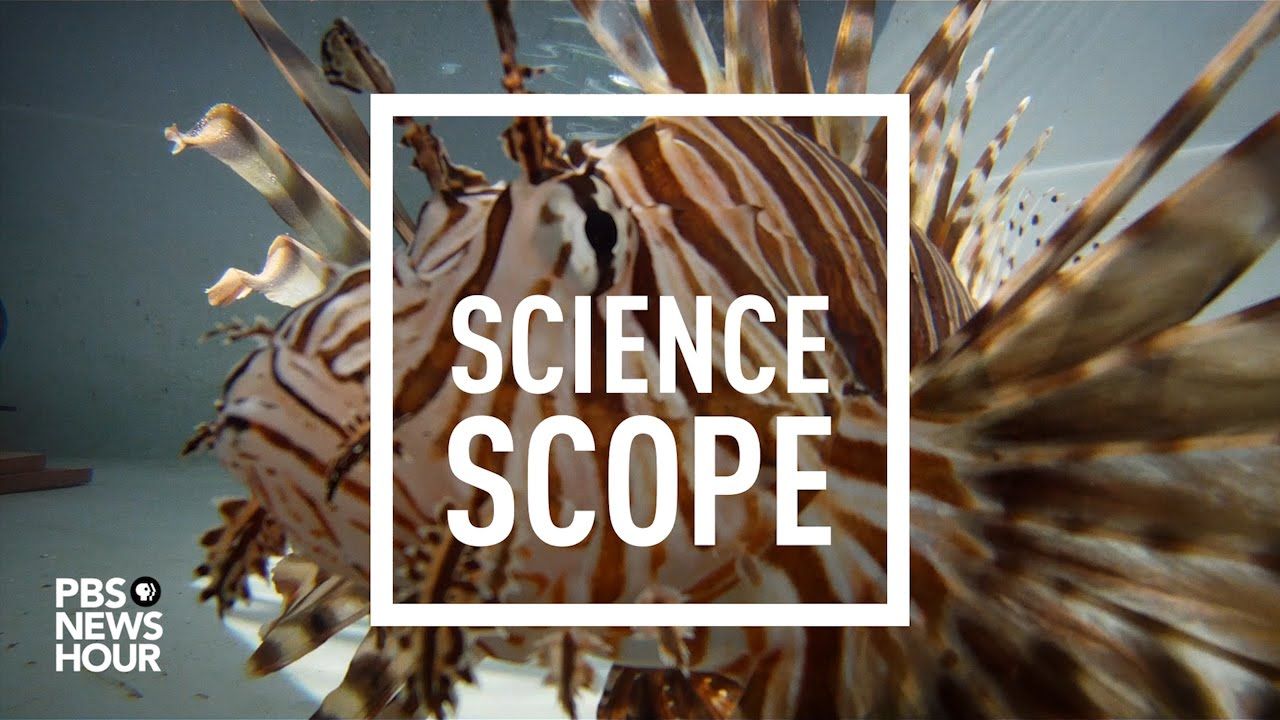
In response to the lionfish invasion’s adverse impact on the ecosystem, RISE will be building a robotic lionfish exterminator.
Biodiversity in the Carribean Waters, right now, is hanging on a thread. For years, its aquatic life has been threatened by pollution, overfishing, and other malpractices. Now, an even greater and uncontrollable threat has risen. It’s goal: having the “all you can eat seafood buffet” of its lifetime.
Continue reading “The Lionfish Terminator: Researchers Built a Robot to Kill Invasive Species” »
Aug 30, 2016
Watly: Clean water, electricity and internet using only the sun!
Posted by Shailesh Prasad in categories: internet, solar power
Aug 30, 2016
A new study looks for the cortical conscious network
Posted by Shailesh Prasad in categories: biotech/medical, mathematics, neuroscience, physics
New research published in the New Journal of Physics tries to decompose the structural layers of the cortical network to different hierarchies enabling to identify the network’s nucleus, from which our consciousness could emerge.
The brain is a very complex network, with approximately 100 billion neurons and 100 trillion synapses between the neurons. In order to cope with its enormous complexity and to understand how brain function eventually creates the conscious mind, science uses advanced mathematical tools. Ultimately, scientists want to understand how a global phenomenon such as consciousness can emerge from our neuronal network.
A team of physicists from Bar Ilan University in Israel led by Professor Shlomo Havlin and Professor Reuven Cohen used network theory in order to deal with this complexity and to determine how the structure of the human cortical network can support complex data integration and conscious activity. The gray area of the human cortex, the neuron cell bodies, were scanned with MRI imaging and used to form 1000 nodes in the cortical network. The white matter of the human cortex, the neuron bundles, were scanned with DTI imaging, forming 15,000 links or edges that connected the network’s nodes. In the end of this process, their network was an approximation of the structure of the human cortex.
Aug 30, 2016
Could an algorithm help to save people’s eyesight? Google thinks so
Posted by Shailesh Prasad in categories: biotech/medical, information science, life extension, robotics/AI

Google’s artificial intelligence research lab DeepMind is exploring whether its technology could be used to identify early signs of eye diseases that ophthalmologists might not spot.
DeepMind, which was acquired by Google in 2014, has struck an agreement with Moorfields Eye Hospital in London that gives it access to about a million anonymous retinal scans, which it will feed into its artificial intelligence software.
Continue reading “Could an algorithm help to save people’s eyesight? Google thinks so” »
